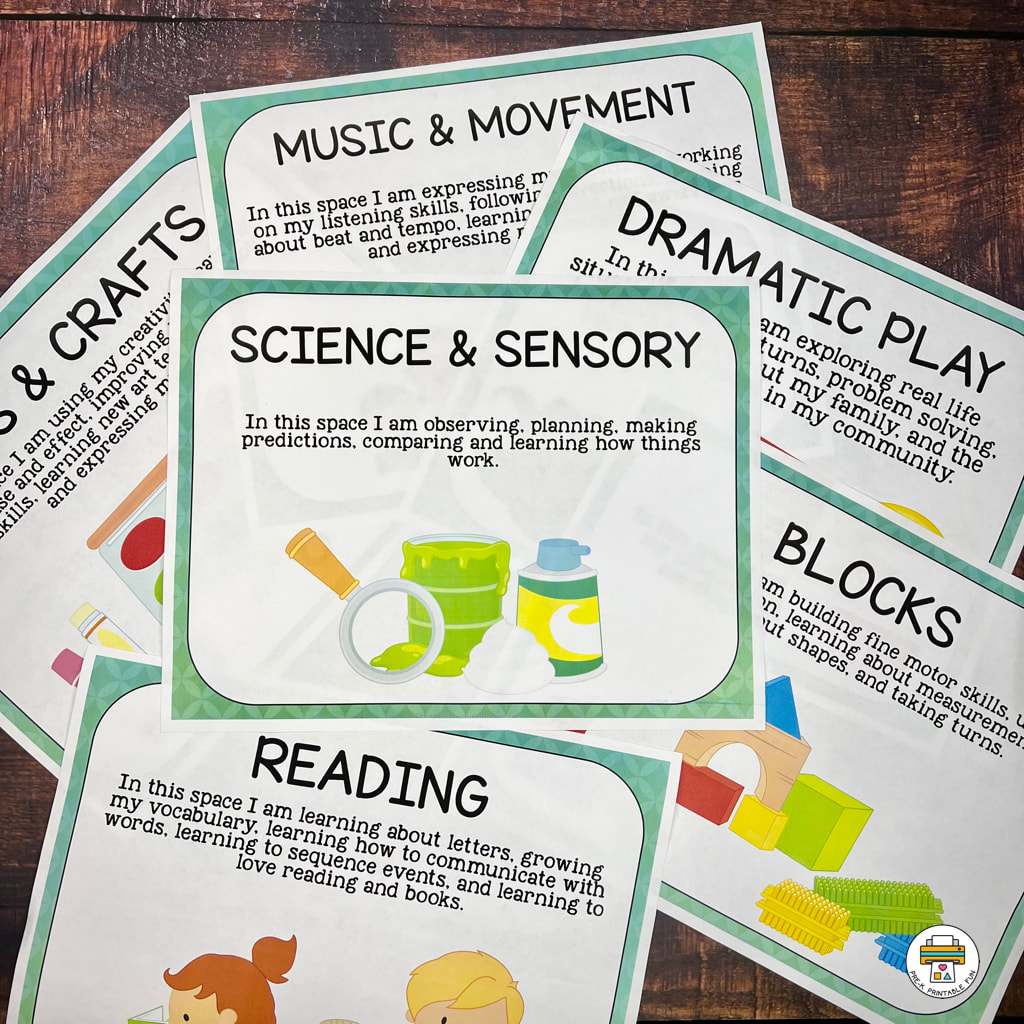Introduction to Preschool Music and Movement
Preschool music and movement activities are an essential part of early childhood education. These activities provide children with the opportunity to explore and learn about music and movement in a fun, engaging way. In this article, we will discuss the benefits of preschool music and movement activities, the different types of activities that are available, and how parents and educators can incorporate them into their daily routines.
|
Table of Contents
Coming Soon!
Introductions to Preschool Music and Movement Benefits of Preschool Music and Movement Incorporating Music and Movement in your program Tips for Effective Implementation Shop for Preschool Music and Movement Activities You might like these posts..
|
Benefits of Preschool Music and Movement
The benefits of preschool music and movement activities are numerous. These activities help children develop their gross and fine motor skills, improve their coordination, and enhance their cognitive abilities. Music and movement activities also promote socialization and encourage children to work together and communicate with each other. Additionally, these activities are an excellent way to introduce children to different cultures and traditions through music and dance.
Cognitive Development:
- Language Skills: Singing helps develop language skills and expand vocabulary.
- Mathematics Skills: Rhythmic activities contribute to an understanding of patterns and sequences.
- Memory Enhancement: Music and movement activities aid in memory development.
- Self-Expression: Movement allows children to express themselves freely.
- Emotional Regulation: Music can have a calming effect, helping children manage emotions.
- Teamwork: Group activities promote collaboration and social interaction.
- Listening Skills: Music activities encourage attentive listening.
- Gross Motor Skills: Movement activities enhance coordination and balance.
- Fine Motor Skills: Playing simple instruments or finger plays develops fine motor skills.
Incorporating Music and Movement into your Program
Parents and educators can incorporate preschool music and movement activities into their daily routines in several ways. One way to do this is by setting aside a designated time each day for music and movement activities. This can be done during circle time, before or after lunch, or at the end of the day. Another way to incorporate these activities is by using them as a tool for transitions. For example, playing a song or doing a dance can be a fun way to transition from one activity to another.
There are many different types of preschool music and movement activities available. Some popular activities include singing songs, playing instruments, dancing, and playing games that involve movement. These activities can be done individually or in groups, and they can be tailored to meet the needs and interests of each child. For example, children who are interested in music may enjoy playing instruments, while children who are more active may prefer games that involve running and jumping.
Circle Time Activities:
- Morning Songs: Start the day with a lively, engaging song to set a positive tone.
- Movement Songs: Incorporate actions into songs to encourage gross motor skills.
- Instrument Play: Provide simple instruments like shakers, drums, and bells.
- Body Percussion: Use hands, feet, and bodies to create rhythmic patterns.
- Free Dance: Allow children to move freely to different styles of music.
- Follow-the-Leader: Encourage imitation and creativity through movement.
- Musical Stories: Integrate music and sound effects into storytelling sessions.
- Role-Playing: Use music to enhance dramatic play and storytelling.
- Seasonal Songs: Incorporate songs related to seasons and holidays.
- Animal Movement: Explore movement activities inspired by different animals.
- Soft Music: Play calming music during nap or quiet time.
- Guided Relaxation: Use soothing sounds and imagery for relaxation exercises.
Tips for Effective Implementation:
1. Be Enthusiastic:
- Show genuine excitement during music and movement sessions to inspire participation.
- Choose songs and activities that are suitable for the developmental stage of the children.
- Adapt activities to accommodate different abilities and preferences.
- Designate an area where children can move freely and safely during music and movement activities.
- Allow children to express themselves and add their unique twists to movements.
- Align music and movement activities with specific learning goals, such as counting or language development.
- Explore online resources, workshops, and training programs for educators to enhance skills in incorporating music and movement.
- Regularly observe children's engagement, participation, and responses during music and movement activities.
- Seek feedback from colleagues, parents, and the children themselves to assess the effectiveness of different activities.
- Modify activities based on the evolving interests and developmental levels of the children.
Preschool music and movement activities are a valuable part of early childhood education. They provide children with many benefits, including improved motor skills, cognitive abilities, and socialization. There are many different types of activities available, and parents and educators can incorporate them into their daily routines in various ways. By providing children with opportunities to explore and learn about music and movement, we can help them develop a lifelong love of music and an appreciation for the arts.
Shop for Preschool Music and Movement Activities
Coming Soon!


